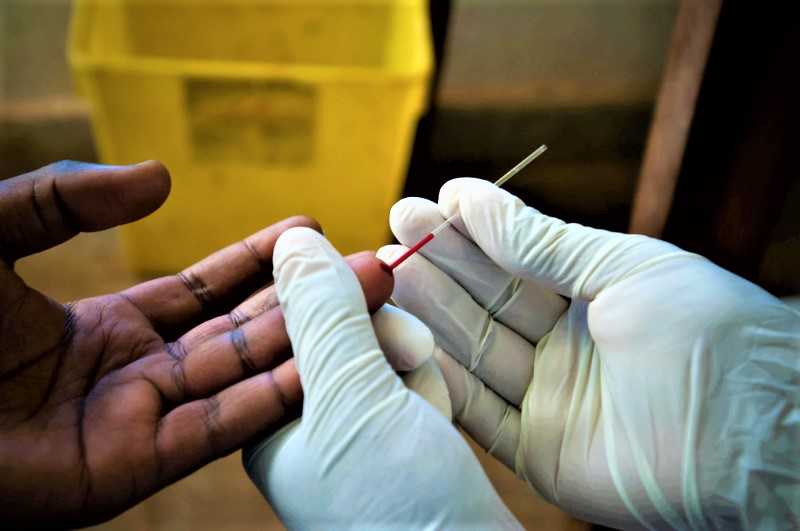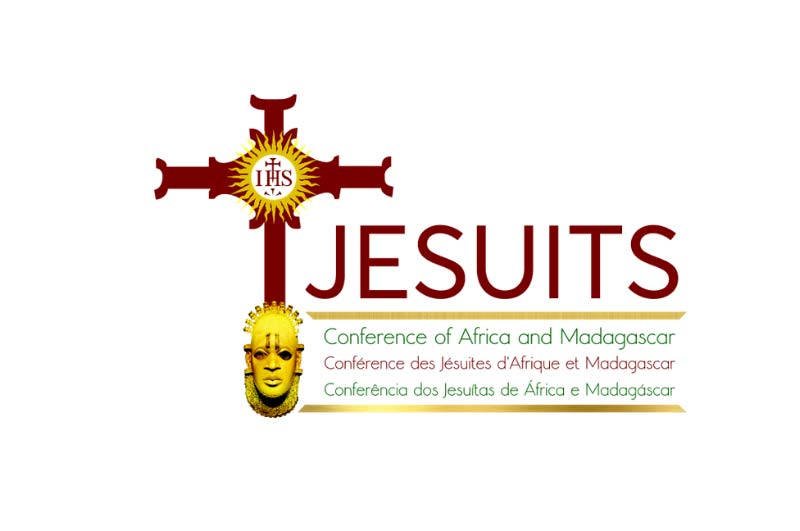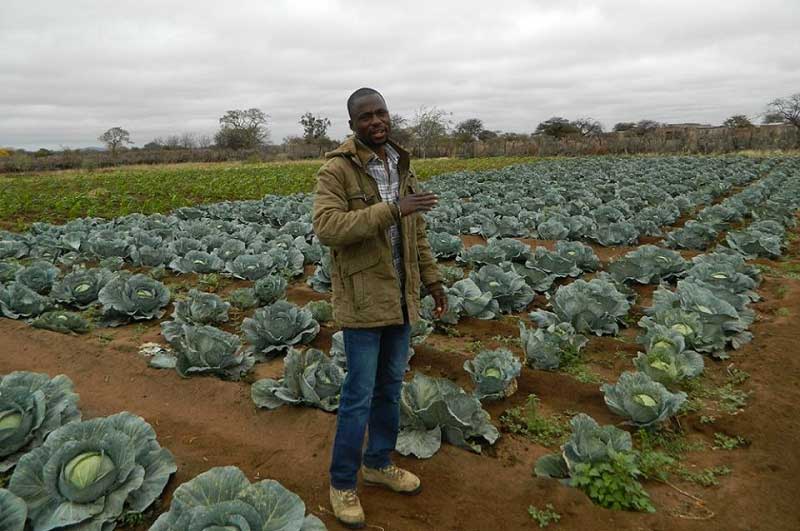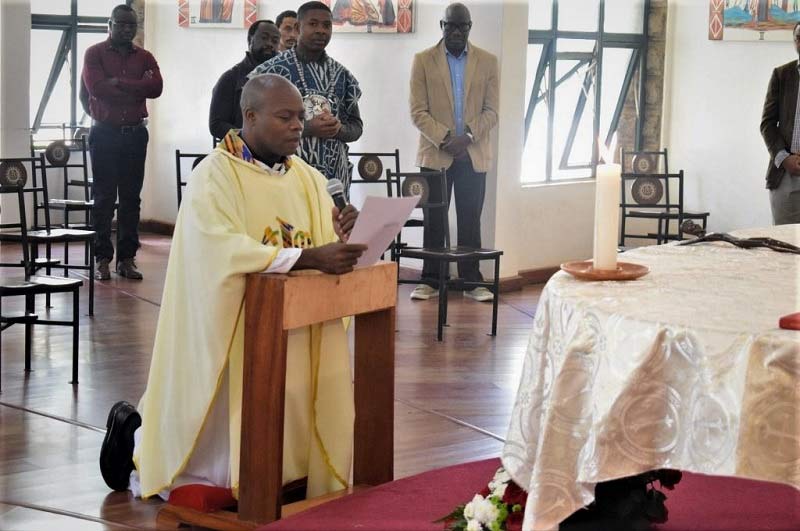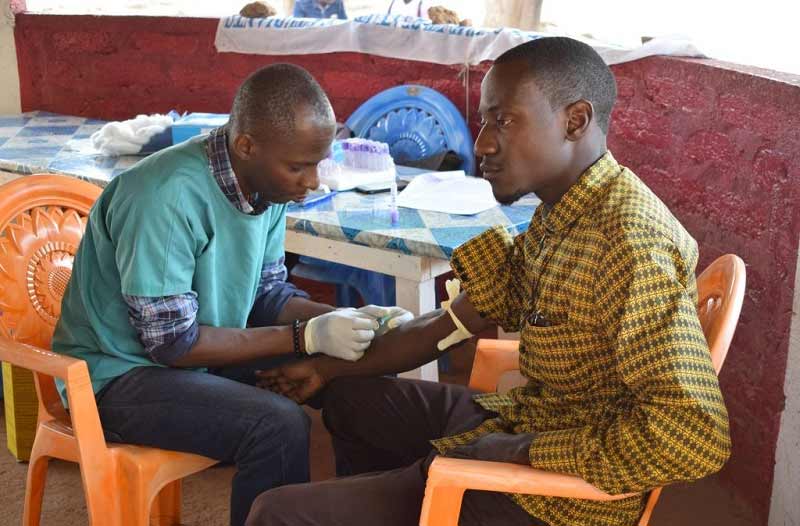


Bangui, CAR - “Let us run against HIV and Aids!” This was the theme for a mini-marathon organised by the Centre d’information d’Education et D’Ecoute du Centre Catholique Universitaire de Bangui (CIEE/CCU) on January 25, 2020. The aim of this mini-marathon was to bring the youth within the city together and by so doing sensitize them on HIV and AIDS and also provide an opportunity for them to undergo testing in order to know their HIV status.
Why sensitize the youth against HIV through sports?Firstly, we believe that the human being has five different yet distinct dimensions namely: physical, social, emotional, religious and intellectual. In our centre, our fight against HIV/AIDS is mainly focused on the intellectual dimension where we have group discussions, conferences and so on. The mini-marathon was for us an opportunity to put forward both the social and physical dimensions. Secondly, youths in Bangui are quite much interested in sporting activities. Thus, the mini-marathon was a way to bring them out from their different homes and nearby towns. More than four hundred people were present for the activity and more than three hundred participated in the different categories of the mini-marathon namely 8kms Men, 6kms Women and 6Kms walks. On that day, we registered two hundred and eighty young people who were tested for HIV.
 Participants of the mini-marathon
Participants of the mini-marathon
On the D-day, at about 6 am, a good number of young men and women had already gathered in the centre waiting for the activity to begin. By 8h:30, the secretary of the apostolic nuncio, the minister of youth and sport, a minister representing the Prime minister, the minister coordinator of the National Comity in the fight against HIV/AIDS in CAR, the first deputy of the neighbourhood, the country director of UNAIDS/CAR and many other officials were already present. Some of them even participated in the activity. After the different allocutions, the minister of youth and sports declared the event opened.
 Awarding winners of the mini-marathon during the event
Awarding winners of the mini-marathon during the event
We did not only sensitize those who participated in the mini-marathon, but also those who were on the roads since they saw the participants. In fact, the mini-marathon went through town and especially the crowded places. In addition, one of the participants attested to the fact that he has always been running away from having an HIV test and the only time he avails himself to do so is when he has an international competition because he is obliged to do so. He appreciated the mini-marathon and confessed that it was his first time to undergo an HIV test freely and willingly. With such feedback, I can only claim that the activity was a success. This was the first edition of the mini-marathon; let us hope for a second one especially now that we have the support of the minister of youth and sports and other officials in the fight against HIV and AIDS.
Even though the marathon ended on the same day, the HIV testing went on to the following week, and not only did we do the tests in our centre but we went to university of Bangui, schools and the institutes at the nearby town.
We observed that despite the fact that students would like to know their HIV status, they are in most cases unable to move from their different schools to our centre. A common proverb states that if one wants to see the Pope, he must go to Rome. In this activity, we decided to bring the Pope to the people instead. At the end of the week, around one thousand and two hundred people were tested for HIV. In other words, around one thousand and two hundred youths have decided to live their life in a more responsible manner. Let us continue to support this project so that more youths in CAR live their life more responsibly; let us build a happy generation and a better future for our children, a future without HIV and AIDS.
Source: Jesuit West Africa Province (AOC)Related Articles

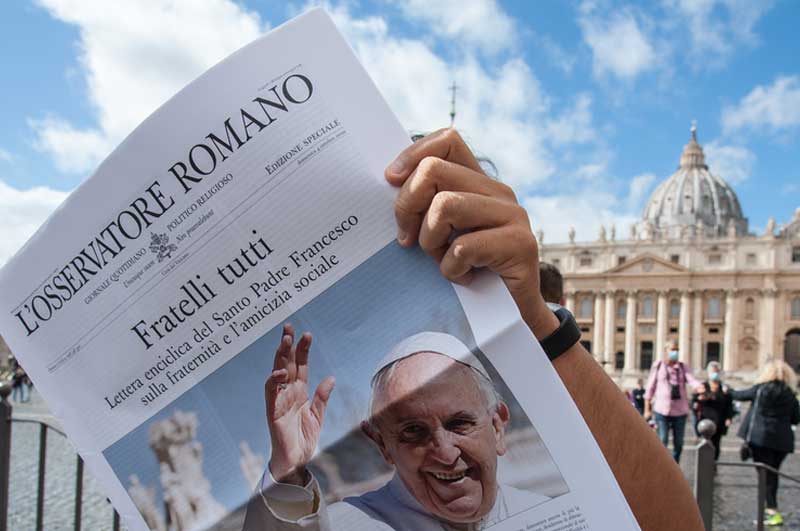
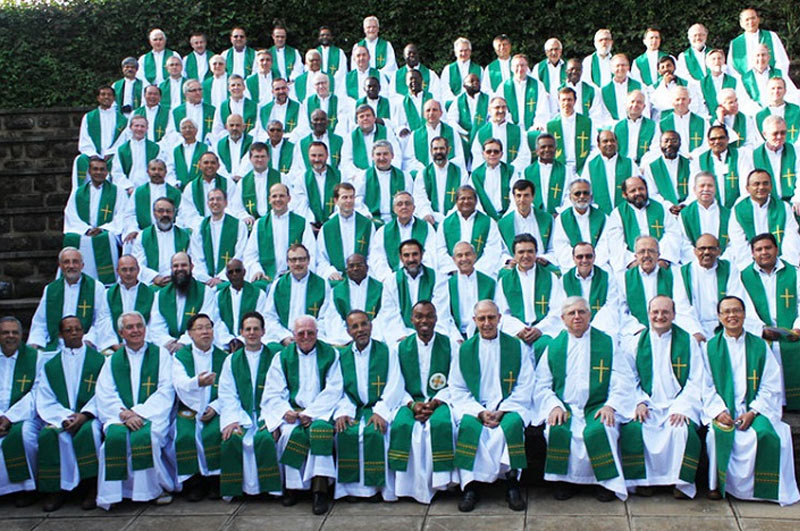
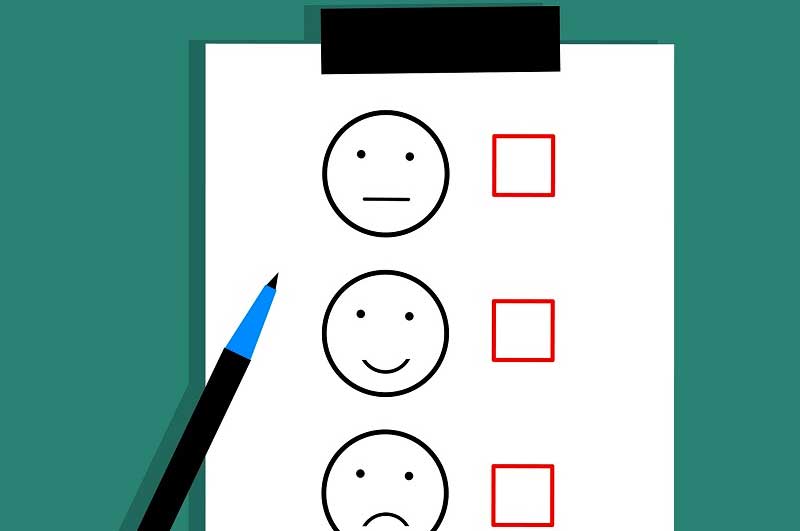
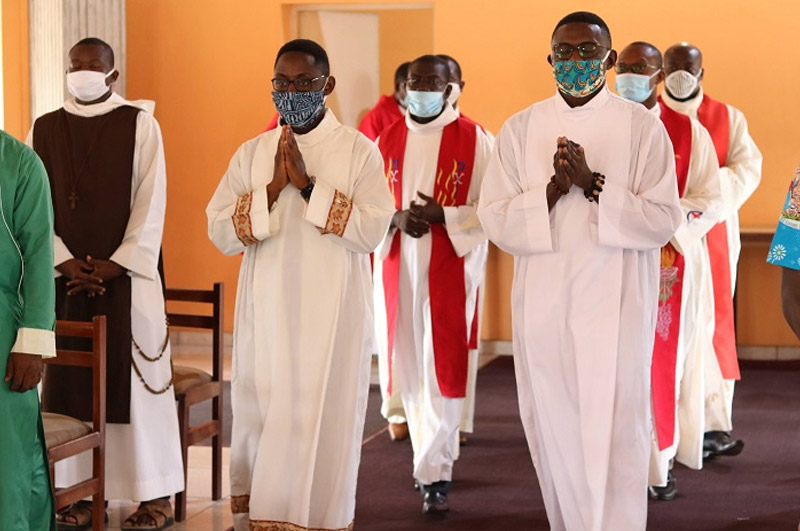
Select Payment Method
Pay by bank transfer
If you wish to make a donation by direct bank transfer please contact Fr Paul Hamill SJ treasurer@jesuits.africa. Fr Paul will get in touch with you about the best method of transfer for you and share account details with you. Donations can be one-off gifts or of any frequency; for example, you might wish to become a regular monthly donor of small amounts; that sort of reliable income can allow for very welcome forward planning in the development of the Society’s works in Africa and Madagascar.
Often it is easier to send a donation to an office within your own country and Fr Paul can advise on how that might be done. In some countries this kind of giving can also be recognised for tax relief and the necessary receipts will be issued.


